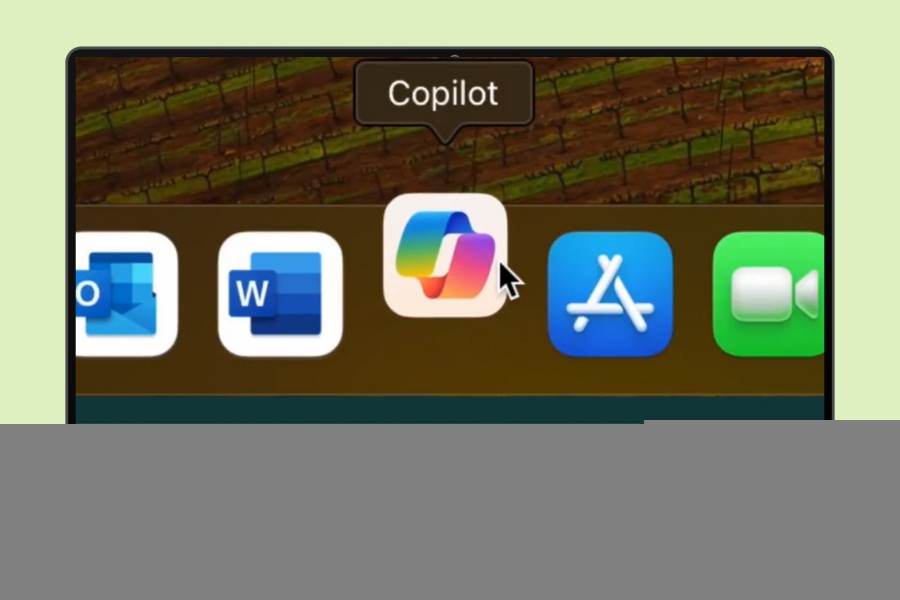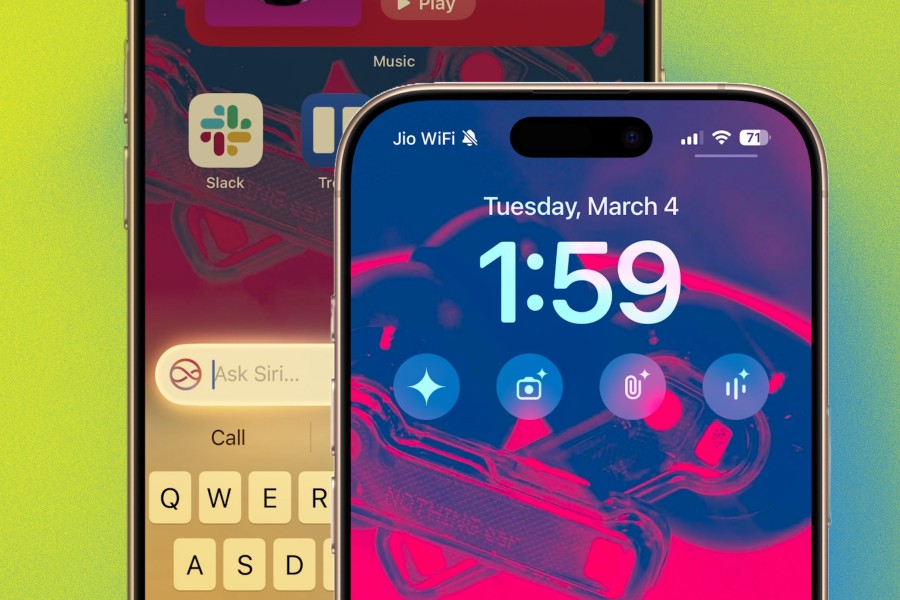Windows has a major AI problem, and it’s pushing me closer to Apple
Just over a year ago, Apple Intelligence was announced. It continues to be somewhat of a ‘meh’ affair compared to other rival products like Microsoft’

Meta has tasted quite some unprecedented success with its camera-equipped smart glasses made in collaboration with Ray-Ban. They started off with social media capture as their key trick, but have now evolved into a vehicle for AI features.
Now, Meta is reportedly eyeing next-gen smart glasses that add a display unit into the mix. Interestingly, they could arrive in the same window that is usually reserved for the launch of new iPhones and other Apple gear in the Fall season. Apple’s smart glasses project, on the other hand, is reportedly a few years behind the competition.
“Meta Platforms Inc. has a major product priority for 2025: an October launch of high-end, $1,000-plus smart glasses that include a small display,” says a Bloomberg report. They could run into a slight delay, but Meta’s employees have reportedly been told to race against time, even if that involves working on weekends.
The purported October launch target roughly aligns with the time frame for Meta’s annual Connect event. The company’s flagship hardware event is set for September 17-18 in 2025. Apple also unveils its next-gen iPhones in the same month, but this year, we could be in for a headset surprise, as well.

So far, Meta hasn’t tried smart glasses with a display unit, but the idea has been executed for years by labels such as Viture, TCL, RayNeo, and Xreal, among others. The biggest advantage is that instead of relying solely on voice/audio inputs, users can visually interact with content on a small display unit fitted behind the front lens.
Notably, the Meta smart glasses will come with a single display unit, instead of separate OLED panels for each eye. “Unlike Meta’s current spectacles, this model will let wearers use simple on-screen apps and review photos that they’ve taken with the device,” adds the Bloomberg report.
The monocular screen is said to be fitted in the lower right corner of the lens, targeting visual interactions only through the right eye. Hand gestures on side arms will enable navigation, while display functionalities include map navigation, handling app notifications, viewing pictures clicked by the onboard cameras, and more.

On the software side, Meta’s upcoming smart glasses are said to run a heavily customized version of Android, while silicon firepower will be provided by a Qualcomm wearable processor.
Currently in development under the codename Hypernova, the next-gen Meta AI smart glasses could start at $1,000, but the asking price might climb all the way up to $1,400. For comparison, the typical ask for display-equipped XR glasses currently hovers around the $500 mark.
Meta is also working on the Orion smart glasses with a built-in holographic display system. The company has already showcased them in detail, but they are still a few years in the future. On the research side, the company continues to develop true AR glasses aboard the Aria platform, targeted at scientific and industrial applications.

Just over a year ago, Apple Intelligence was announced. It continues to be somewhat of a ‘meh’ affair compared to other rival products like Microsoft’

The man leading one of the most prominent and most powerful AI companies on the planet has just revealed what it is about AI that keeps him awake at n

What’s happened? Geoffrey Hinton, known as the “godfather of AI,” told the Ai4 conference that making AI “submissive” is a losing strategy and propose

Microsoft’s Copilot had a rather splashy AI upgrade fest at the company’s recent event. Microsoft made a total of nine product announcements, which in

You may have occasionally joked about how companies these days seem to be falling over themselves to launch something, anything, that has AI, even jus

If you’ve been dreaming about having a more in-depth conversation with one of your favorite gaming characters, it seems that Sony is working on making

The AI frenzy has gripped every smartphone maker in 2025. Unfortunately, not all of it has been as revolutionary as on-stage presentations would have

Alibaba has just unveiled its latest reasoning model, and it seems that DeepSeek and OpenAI might have something to worry about — at least if all of A
We are a comprehensive and trusted information platform dedicated to delivering high-quality content across a wide range of topics, including society, technology, business, health, culture, and entertainment.
From breaking news to in-depth reports, we adhere to the principles of accuracy and diverse perspectives, helping readers find clarity and reliability in today’s fast-paced information landscape.
Our goal is to be a dependable source of knowledge for every reader—making information not only accessible but truly trustworthy. Looking ahead, we will continue to enhance our content and services, connecting the world and delivering value.